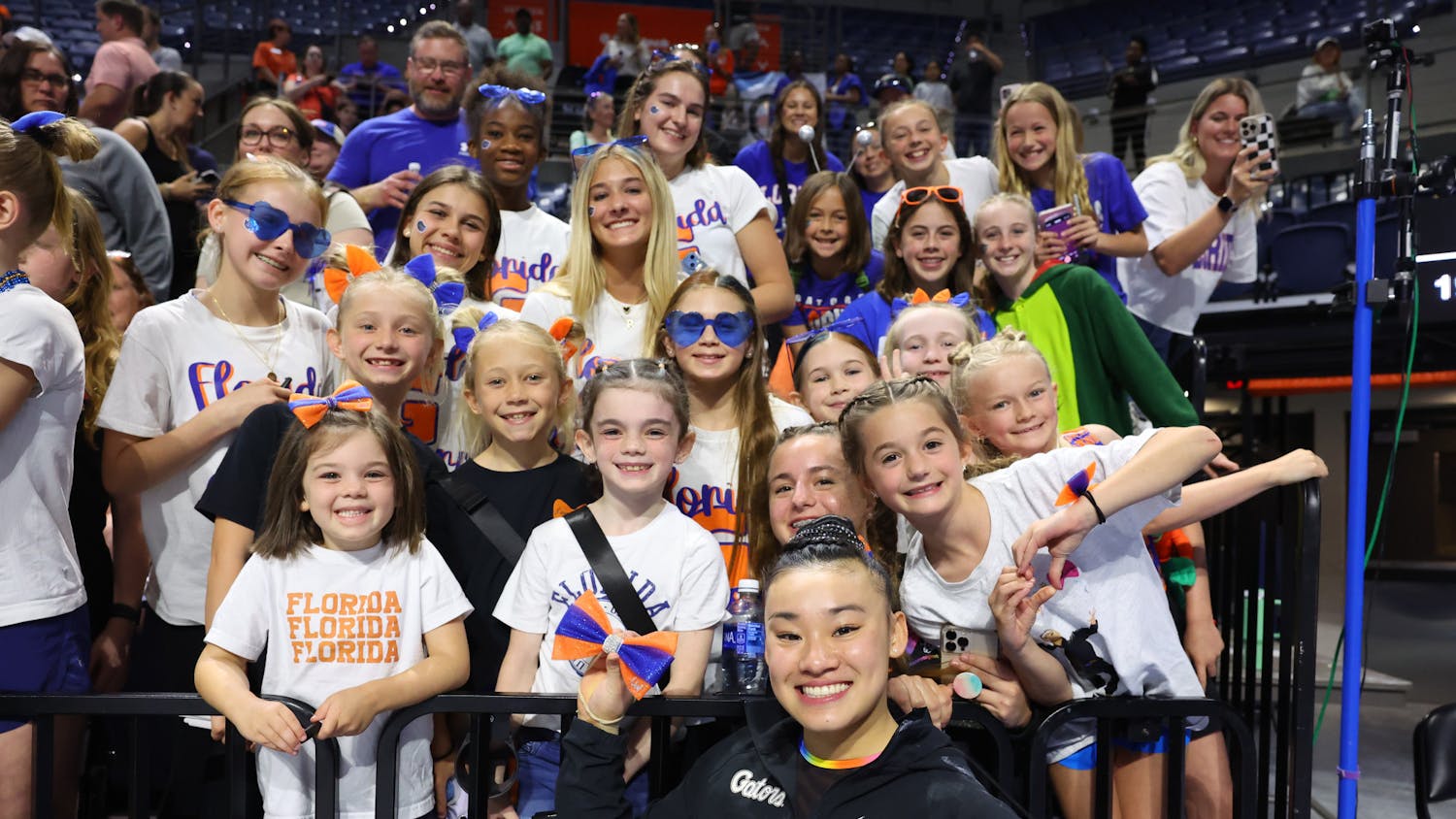I am concerned that other universities around the country have implemented a more humane policy concerning their feral cat populations than UF. Although current UF policy forbids feeding stray animals, some of us feel responsible for the number of cat colonies that exist on campus.
Current UF Policy:
I communicated with Ken Glover, UF’s pest management coordinator, earlier this year after learning that cats were being trapped and was informed that UF was a wildlife sanctuary and that “feral cats and native wildlife are incompatible.” Once trapped, the cats are taken to Alachua County Animal Services, where they are euthanized.
A number of us have participated in Operation Catnip’s program to trap, neuter and release the adult cats back into their colony. Several of the kittens and a few adult cats have been placed in loving homes. Although we realize that most of the cats in the colonies are feral, and we cannot find homes for all of them, we hope to change UF’s policy concerning the feral population to be more humane. After all, humans caused the problem; we should fix it humanely.
Future UF Policy:
Other universities have managed feral cat populations in a more humane way, and I feel confident that with a few changes, UF would be able to do the same. UF should follow directives given from programs at institutions such as Stanford University, The University of Texas at Austin, Texas A&M University and several others.
The cats on campus could be managed with a few minor changes. Operation Catnip and the UF Small Animal Hospital are already working together to trap, neuter and return feral cats to their colonies. This solution successfully decreases the population, reduces birth rates and improves the overall health of the colony.
Julie K. Levy, a doctor of veterinary medicine, is the director of Maddie’s Shelter Medicine Program at UF’s College of Veterinary Medicine, a proponent of the trap-neuter-release program and works with Operation Catnip.
“The results of our study indicated that long-term reduction of free-roaming cat numbers is feasible by TNR,” Levy wrote in an article published in 2003. “It has been reported that feral cats become less aggressive toward each other and more friendly toward their feeders following neutering, and this may have encouraged adoption of previously feral cats.”
UF has the resources and the heart to take care of this problem humanely and effectively. The current approach is inhumane, distasteful and could be a public relations nightmare.
I am confident that we can find a better way to deal with this, and I hope that you, as a fellow animal lover, are willing to take a stand.
Kat Worden is the office manager for the Warrington College of Business Center for Management Communication. You can contact her at opinions@alligator.org.





